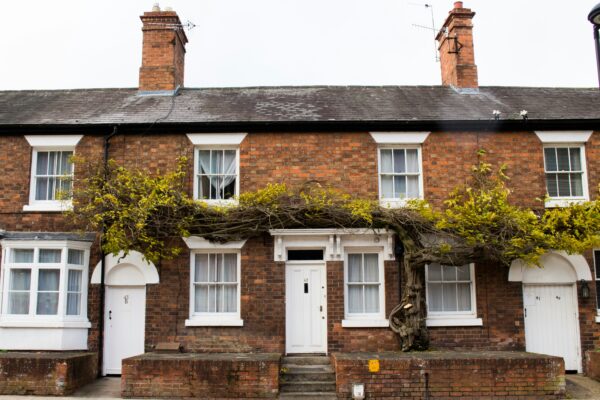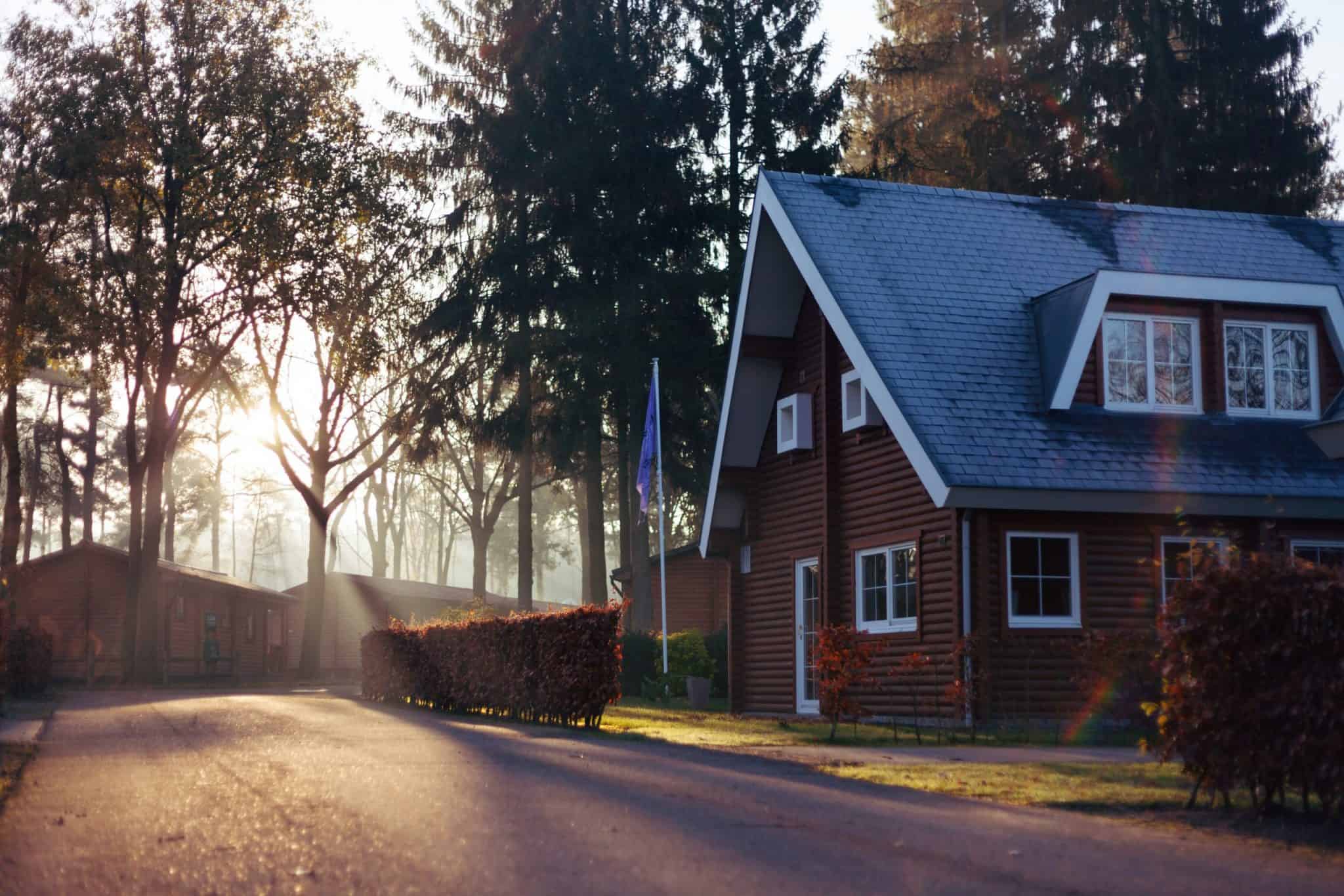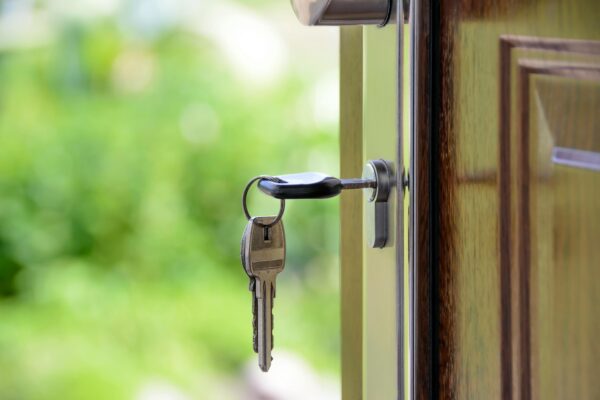
Islamic Mortgage Remortgage Guide: What to Do When Your Fixed Term Ends
02 December 2025 8 min read


Haider Saleem
5 min read
Last updated on:
What are the practical differences between Islamic mortgages to your standard High street one? In this article we discuss three crucial ones:
The fundamental difference is that according to some scholars (not all), an Islamic mortgage complies with Sharia law, whilst a conventional one does not. In other words, an Islamic mortgage is halal and a conventional one is haram.
Why? Interest. An Islamic mortgage avoids the borrower paying interest. This means the way you repay the bank is different under each type of loan.
Another difference is the way you own the property and risk profile after you take out your loan.
Rather than going into the ins and outs of halal/haram which you can read about here, we’re going to broadly look at the practical differences, in particular, repayment and ownership.
Let’s go into more detail…
Under a conventional mortgage, most people take out what is called repayment mortgages. This is where every month you pay the bank both:
This type of repayment is haram.
Under a conventional mortgage, you own the freehold of the property (i.e. you own the house). So, if you take out this type of loan, you’re responsible for anything that goes wrong.
However, when the bank loans you money to buy house, they take a ‘legal charge’ on the property. This means if the borrower defaults on the mortgage, the lender may ultimately need to exercise its power to sell the property to recover the loan.
The legal charge is removed from the title of the property once you have repaid the loan. This then makes the building all yours.
But… this power the bank has will be of limited value if defects or problems on the title reduce the market value of the property so that the lender is unable to recover the money owed to it.
Under an Islamic mortgage, they are structed under Home Purchase Plans (HPP).
There are three types of HPP’s:
These three are explained in more detail in Ibrahim’s handy Islamic Mortgages Guide.
In summary, the most common method for residential mortgages are the Diminishing Musharaka plan. The bank will own most of the house (e.g. 80% of it) and you’ll continue to pay rent, buying further equity, until you have 100% ownership.
Another way of putting it is that the bank is holding 80% of a property on its accounts, rather than an £80k debt.
The key difference is that there is no interest paid on monies you borrow – it’s rent.
More context below.
The difference in ownership an Islamic mortgage has from a conventional one is designed in a way so that you avoid paying interest. It also affects your rights and responsibilities.
As mentioned above, the bank will own an equitable share and so will you. The bank will hold their share until you have paid them off for their share. After that, you’ll own the whole property.
It’s a partnership model where:
This means this leasehold can only be sold or ended by the consent of the bank.
If property loses value, the Islamic mortgage provider will not share the loss. Think of it from their point of view. You have signed up to a lease that you are obliged to pay. They want to sell it for the best price (e.g. not to sell during a recession/crash). For you to pay off the lease and their share of the property, a certain amount of money is required. You have an obligation to pay this off.
If you breach certain parts of your contract with the bank, they have the right to:
Furthermore, the bank is a named party on the insurance policy. Any damage or defect to the property is the bank’s responsibility (or at least its share of the property). If the building is destroyed and cannot be recovered by the insurance money or your own, the bank will be on the hook and your repayment obligation ends.
This is different to a conventional mortgage where you as the lender are technically still responsible for the repayment of your debt to the bank despite the house having been destroyed.
Three key differences that an Islamic mortgage has with a conventional mortgage are:
You can compare the current Islamic mortgages available on the market using our market-leading comparison tool here.
Let us know your thoughts in the comments below.

02 December 2025 8 min read

05 September 2025 11 min read
Leave a Reply